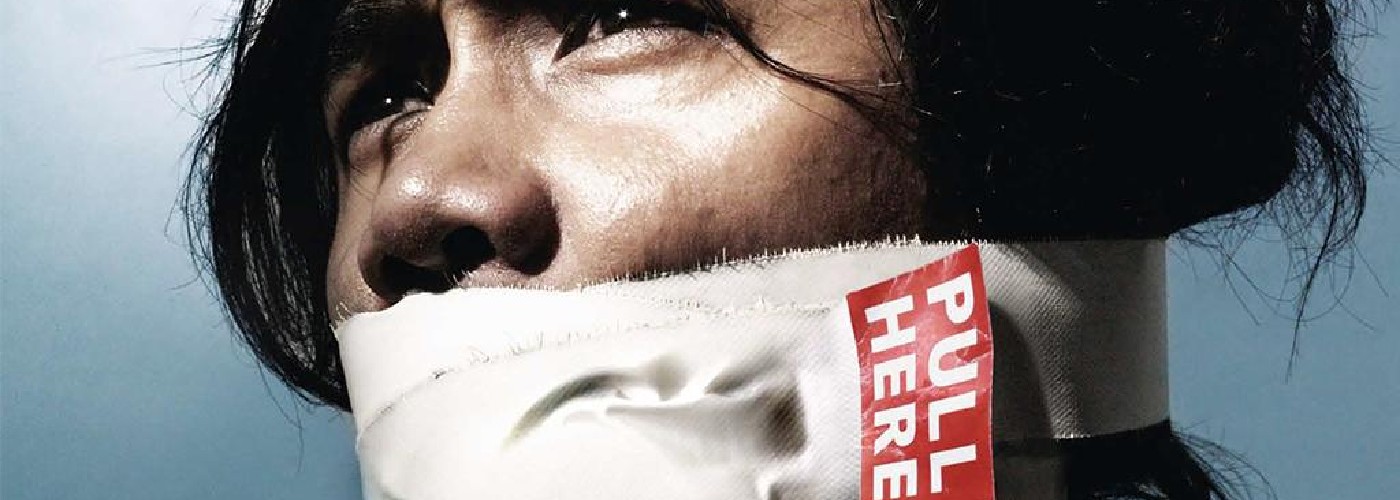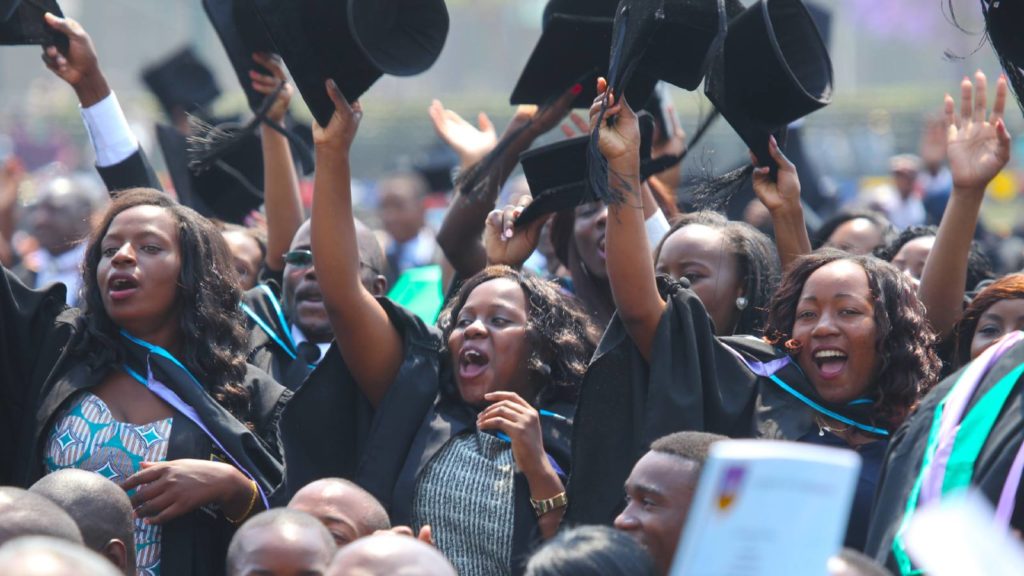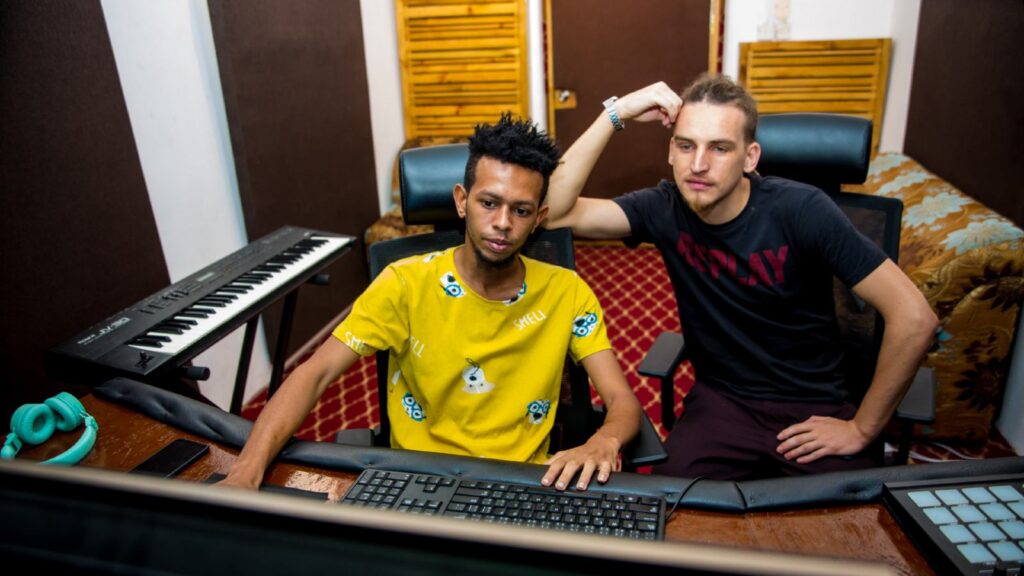On June 15 one of the Philippines’ most prominent journalists, Maria Ressa, was found guilty of “cyber libel”. Ressa is executive editor and CEO of the online news outlet Rappler. She was convicted together with Rappler’s former staff member Reynaldo Santos Jr. Both are now facing up to six years in prison.
Rappler has been critical of the Philippine government and has been on the receiving end of President Rodrigo Duterte’s ire as a result. Ressa is facing trial in multiple other cases, including cases of libel and tax evasion – widely considered to be on trumped up charges. Critics, amongst which the Guardian and Amnesty International, have said that Rappler and its journalists are “singled out for their critical reporting” and have called this verdict “a sham” and “politically motivated”. The UN Rapporteur on Freedom of Expression has urged the court to reverse the verdict.
Going to prison for a typo
Cyber libel is, in short, the online publication of false statements that damage someone. This became a punishable offence in the Philippines in 2012 when the Cybercrime Prevention Act went into effect. Four months prior to the introduction of this law, Rappler had published a story written by Rey Santos Jr alleging that a Filipino businessman had links to human trafficking and the illegal drugs trade.
When Rappler corrected a typo in the article in 2014, the prosecutor argued that this was a republication of the article. While the law could not be applied retroactively to bring Ressa and Santos Jr to trial for the original publication, this “republication” made it possible for the prosecutor to do so.
To be clear: Maria Ressa is facing a prison sentence of several years for a spelling mistake in a story written by someone else.
A downward spiral
To understand how this attack on the free press was allowed to happen, we must view this verdict against the backdrop of the deterioration of the free press that has taken place in the Philippines.
The fall of President Fernando Marcos in 1986 and the end of martial law re-opened the doors to a vibrant and dynamic media. But today, the Philippines has become one of the most dangerous places to be a journalist and ranks 136 out of 180 countries on the RSF 2020 World Press Freedom Index.
Since President Rodrigo Duterte took office in 2016, he has launched numerous attacks on different media houses and has introduced new legislation to silence critics. In the weeks following the outbreak of COVID-19, Duterte introduced an emergency law that increased the power of the government to penalize journalists for spreading misinformation.
Journalists’ freedoms are our freedoms
When the space for journalists to freely express themselves is curtailed, that space shrinks for everyone. And freedom of expression is intrinsically bound to the right to access information both of those who seek the truth and those who want to learn the truth. We can only preserve these freedoms when journalists are able to raise the alarm if those in power need to be held accountable.
Journalists play a major role in healthy democracies and open societies.
This is what Hivos strives for and why we work with journalists in many of our programs. Journalists play a major role in healthy democracies and open societies. Their reports have the potential to shift public awareness and political incentive. Their stories uncover truth and can keep power in check.
Especially in restricted or repressive environments, it’s much easier to tell such stories if you’re supported by an outspoken global community. So when a journalist is convicted for a crime they did not commit, we should all be outraged. And we should all call for justice.
“I will not be silenced.”
Ressa said in a statement following the conviction: “Today the judiciary has become complicit in this insidious campaign to silence independent journalism and stifle press freedom. But I will not be silenced. I will fight this conviction, and I will continue to do my duty, to speak out and report the truth.”
Journalists in the Philippines are now realizing what the consequences are of speaking out and reporting the truth. They see how any criticism of Duterte or this verdict may result in an unwelcome spotlight on themselves that could be used to rob them of both their professional and personal freedom.
We must raise the alarm together
This is how freedom is curtailed. This is how open societies close down. And this is why we should all be outraged.
As Martin Luther King said, injustice anywhere is a threat to justice everywhere. An attack on a journalist anywhere, is an attack on freedom everywhere. If we do not demand accountability and defend the free press everywhere, leaders with authoritarian leanings will assume their actions will go unchecked. Our freedoms will be chipped away bit by bit. We need to act in global solidarity and rise up against this verdict. All those who hold an open society dear should do the same.
Help raise the alarm and use the hashtags #IStandwithRappler and #DefendPressFreedom. Or if you are a media organization and want to help your colleagues at Rappler, please consider joining this group to help amplify their findings.



